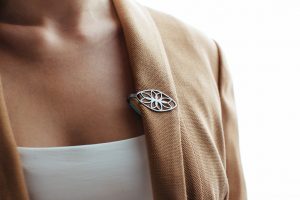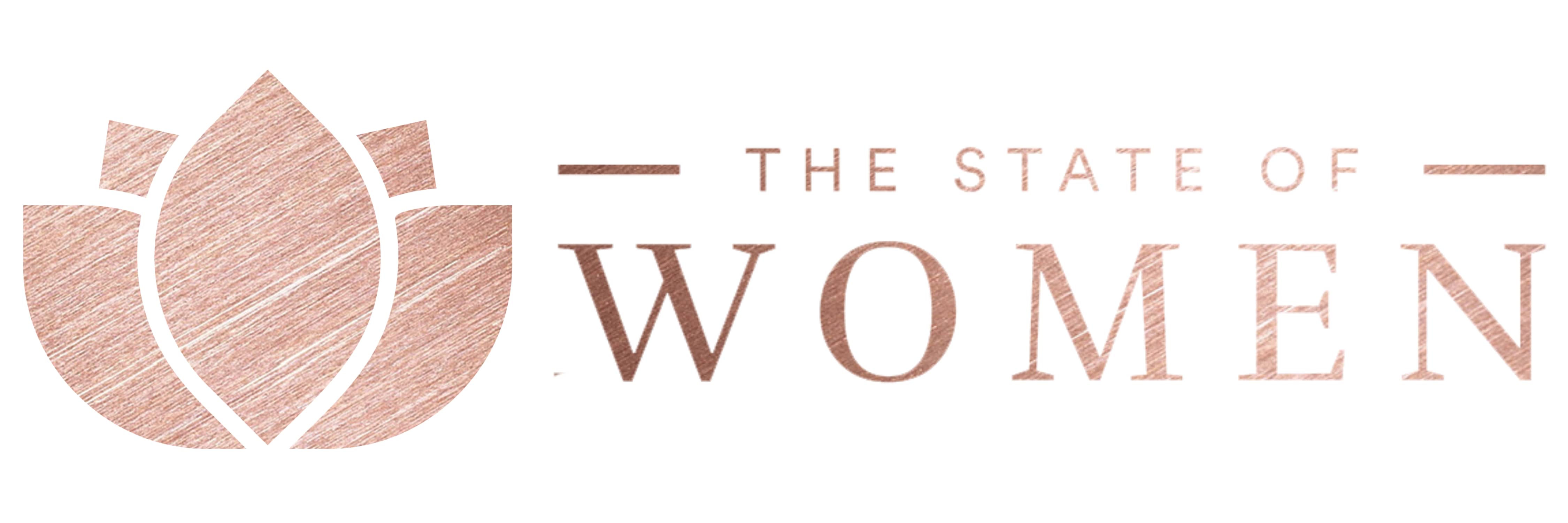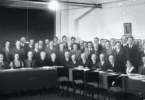Like many entrepreneurs, Urska Srsen’s path has been anything but linear.
The 26-year-old Slovenian applied to medical school, then changed course, deciding to study sculpture at the Finnish Academy of Fine Arts in Helsinki. She ended up co-founding Bellabeat, a startup that designs devices to track the health of women throughout different stages of their lives.
Srsen’s odyssey has taken her from her hometown of Ljubljana to San Francisco. Along the way the company won first prize in the Pioneers Festival’s 2013 startup competition in Vienna and won a place in Y Combinator’s Winter 2014 class, where it was voted “most likely to succeed”. The accolades helped Bellabeat raise $4.5 million in May of 2013. Bellabeat also won the title of “Best Europa’s Health Startup” in 2015.
In September 2013, Bellabeat launched its first connected monitoring system for expectant moms in Europe, and entered the U.S. market in 2014. The pocket-sized fetal heart monitoring tool allows mothers-to-be to track their pregnancies (including being able to hear, record and share their babies’ heartbeats) and works with an app that lets women record pregnancy-related data like weight gain, nutrition and even fetal movements. The app also connects mothers with a community where they can swap advice.
“I believe the most dangerous thing we can do is to limit ourselves,” says Srsen, who was a speaker at the 2014 Pioneers Festival in Vienna. “It doesn’t matter if you are a doctor, a sculptor or a programmer. You can build great things together. Technology does not grow by itself; it grows out of different fields.”
Bellabeat grew out of the collaboration of a doctor, a sculptor and a programmer. And it all started thanks to kite surfing, one of Srsen’s hobbies. She connected with her co-founder Sandro Mur, a Croatian computer software expert, through the sport. When Mur met Srsen’s mother, an obstetrician and gynecologist, she started talking about doctors’ need for an affordable, user-friendly system that would enable routine check-ups at home and send data to healthcare providers. Mur asked Srsen to help him.
“We noticed when  we were testing our system that there was an emotional value to this,” Srsen says. “When pregnant women listened to the heartbeat (of their unborn children) they wanted to share that with loved ones more than with care providers. So we decided to scale down and start with a consumer product that would allow pregnant women to do self-tracking and make it an emotional, engaging, social experience.”
we were testing our system that there was an emotional value to this,” Srsen says. “When pregnant women listened to the heartbeat (of their unborn children) they wanted to share that with loved ones more than with care providers. So we decided to scale down and start with a consumer product that would allow pregnant women to do self-tracking and make it an emotional, engaging, social experience.”
Global Company Growth in CEE Remains Challenging
Some 40,000 units of the fetal heart monitor have been shipped to date. In late September of 2014 the company released a new version, which allows moms to play music to their unborn and track reactions. After birth, the same device can be used as a baby monitor. The same device later identifies the baby’s cries, plays music and serves as a baby monitor that tracks temperature and humidity.
Bellabeat also announced two new products: a smart scale, Balance, that helps a new mother track her weight and that of the baby; and smart jewelry, called LEAF, which allows women to track their sleep, activity, reproductive health and reduce stress levels with the built-in breathing exercises.
The LEAF is designed specifically to cater to women’s needs, so it’s no wonder that the first two batches sold out almost immediately. There’s a waitlist for the third batch of the LEAF and by the looks of it, it will follow the success of the first two batches. Unlike other trackers that have a certain unisex feel to them, the LEAF is a gorgeous piece of jewelry that can be worn as a clip, necklace or bracelet. The aesthetic approach has proven to be a very smart move – the LEAF is both smart and beautiful, and that’s quite appealing for a female user. The original Silver LEAF has already become a household name and a classic among users, the Black LEAF sold out instantly, and for the third batch, the company is expanding the LEAF family even more. Customers will be able to choose between three different styles: the Silver LEAF, the Black LEAF and a completely new member of the LEAF family – the Rose Gold LEAF.
The company hopes to grow a strong consumer user base, then pitch to doctors and other care providers to show them how they and their patients can benefit from Bellabeat’s system, whether it be the baby monitor, the LEAF or something else.
Growing a global company from Slovenia, or anywhere in Central and Eastern Europe, remains challenging, says Srsen, Bellabeat’s chief operating officer.
“There are quite a lot of startups from Slovenia, but they don’t stay for very long,” she says. “A few generations back we figured out that we have to create things by ourselves if we want to succeed, so we are raised to be very hard-working and creative.” The bad news is “there is no possibility of funding,” she says. The good news, she says, is “We are not afraid of going out and trying.”
At Mur’s urging, the company decided to try their luck in Croatia and set up their first office in Zagreb but it proved impossible to raise money from investors anywhere in Central Europe, she says. The chance to join the Y Combinator cohort in Silicon Valley was a lucky break that helped the company raise its first round and expand internationally.
Now the company is entering the retail market, with plans to feature its devices in targeted stores in order to raise the brand’s visibility and awareness. Currently, Bellabeat has secured 65,000 of wholesale pre-orders for all retailers combined, mostly in the United States, but also including a handful of global markets like the United Kingdom, Australia and China.
What’s interesting about the Bellabeat product line is that it focused on an area many health trackers were ignoring—women’s health and, more specifically, new and expecting mothers. This demographic is happy to spend on items that let them connect with their child, whether that means buying a music system to play tunes to the womb or, as with Bellabeat’s Shell, letting moms hear their babies’ heartbeat.
“We have gained substantial interest from our customers that are far from the tech-savvy San Francisco crowd,” says Srsen of the company’s growth. “And that proved us that wearables have a huge product and market fit outside of fitness and activity tracking alone.”

Bellabeat sells its devices through various retailers and its webpage. It also plans a subscription-based service for prenatal care providers, enabling them to attract and connect with new patients through the app. It currently employs 40 people, with an intention to grow much, much bigger.
Listen to the “Women Investing in Women and Girls” radio interview with Urska Srsen.
Visit Bellabeat’s website and follow the company on Twitter, Facebook and Instagram for more information.







